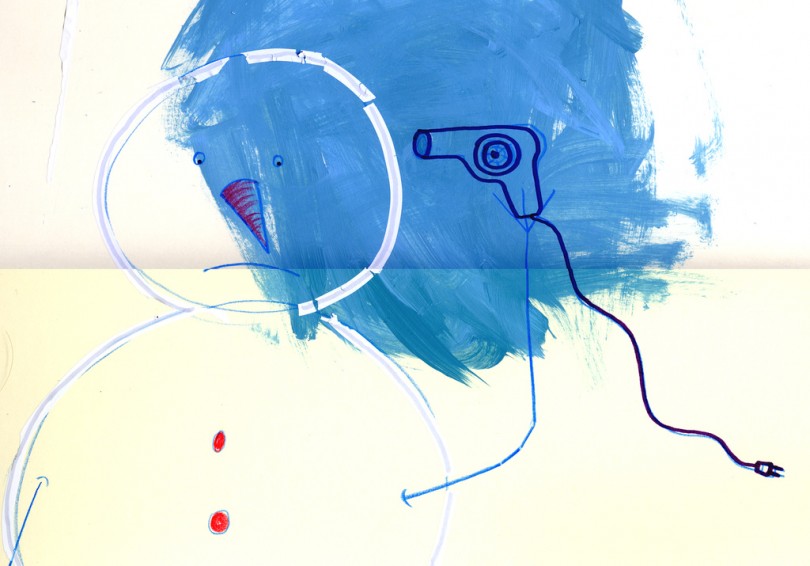This post by IF, a creative company in the United Kingdom working on the future of the Internet, originally appeared on Medium on March 15, 2016.
Today is World Consumer Rights Day, which marks the day John F. Kennedy gave a speech in 1962 to the United States Congress that led to the first consumer rights. Therefore, we thought it was a timely moment to write about a project we’re starting on the future of consumer advocacy.
Most of us have experience returning products when they’ve broken or are not fit for purpose. Like a hairdryer that overheats or a table with a poor finish. With these faulty products you can see what’s gone wrong and you understand how the fault will affect you. The Consumer Bill of Rights gives you powers, it means you can return faulty products or products you believe to be inadequate. You can hold the manufacturer to account.
With connected products it’s very difficult to see if anything is broken and even harder to understand the impact or implications of any fault. You don’t know if your webcam has been hacked or the consequence of your smart TV running an old version of software.
We are gradually becoming more aware about the privacy and security risks of our connected products, but it’s seemingly impossible to do anything about it.
We can’t judge connected products – their privacy and security elements are hidden we have no standards from which to know if they are good or bad. We can’t fix them – they are deliberately black boxed. We can’t trust them – products used to come with instruction manuals, now we get a product and an app with terms and conditions that we don’t read and we don’t appreciate.
As we connect products that keep us alive or keep us safe to the Internet, being able to understand them and trust them is really important. If your driverless car is running a buggy version of software, there won’t be smoke escaping from the bonnet to tell you something’s wrong and not to get in the car.
With any product, connected or not, we need to know if it’s working properly and judge if it’s fit for purpose. With more real time data available to monitor the performance and integrity of our products, there is a huge opportunity to empower consumers in an Internet age.
Our project will investigate what consumers need now and what they will need next as more household products, from ovens to lawnmowers, are connected to the Internet. We will be making prototypes that demonstrate what kinds of services or tools we think could meet those needs. We are really interested in exploring real time software tests, security notifications and how this will shape our shopping. Our work may also show how groups like consumer rights organisations and regulators could update what they offer to better represent consumer needs now.
If you know someone we should talk to or have worked on something similar, do let us know as we would love to hear from you. We’re @projectsbyif on Twitter.
This discovery is supported by Near Now, a studio for art, design and innovation, working with people to explore the place of technology in everyday life.



Leave a Comment